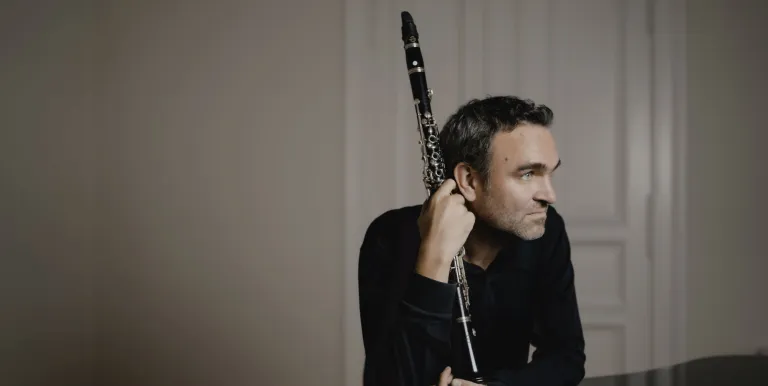one interval
Conductor:
Featuring:
Mendelssohn
Symphony No. 4 in A major (“Italian”)
Mahler
Das Lied von der Erde
Mendelssohn's Italian Symphony and Mahler's symphony Das Lied von der Erde: a harmonic sense of life overflowing with joie de vivre and a thrilling dance set against a spirit of resignation, sadness and eternal farewell. Two more contrasting works could hardly be imagined.
On his second visit to Italy, the 21-year-old Mendelssohn compressed his cultural experiences into his youthful Italian Symphony. Writing from Venice in the autumn of 1830, the young composer enthusiastically informed his loved ones of finding in Italy the “supreme joy in life”. By the time he reached Rome, he was already absorbed in the idea of writing a symphony summing up his impressions from the journey. The work would actually be composed later: in 1832, the Royal Philharmonic Society commissioned Mendelssohn to write a new symphony. In addition to conveying the sunny Italian joie de vivre, the contemplation and the frenetic saltarello dance from southern Italy in the finale, the symphony in its slow movement serves as a memorial to two pivotal figures in the composer's life whom he lost in 1832: Carl Friedrich Zelter, his teacher, and Goethe, his patron.
Mahler's symphony Das Lied von der Erde, written for two voices and orchestra, was only premièred in 1911, after the composer's death. Fearful superstition had prevented the composer from writing a ninth symphony, which is why this work following his eighth symphony was not given a number. In 1907, Mahler had encountered Hans Bethge's volume Die chinesische Flöte, based on the works of Chinese poets, and set six of the verses to music.
Presented by: Budapest Festival Orchestra
-
We wish to inform you that in the event that Müpa Budapest's underground garage and outdoor car park are operating at full capacity, it is advisable to plan for increased waiting times when you arrive. In order to avoid this, we recommend that you depart for our events in time, so that you you can find the ideal parking spot quickly and smoothly and arrive for our performance in comfort. The Müpa Budapest underground garage gates will be operated by an automatic number plate recognition system. Parking is free of charge for visitors with tickets to any of our paid performances on that given day. The detailed parking policy of Müpa Budapest is available here.












